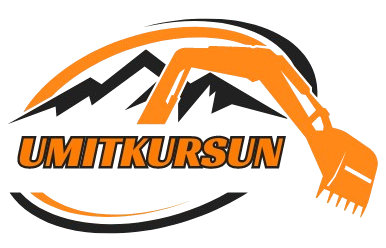The Hidden Wiki is a term that often sparks intrigue and curiosity, as it refers to a collection of websites that exist in the deeper layers of the internet, commonly known as the dark web. Unlike the surface web, which is accessible through traditional search engines like Google or Bing, the Hidden Wiki and other similar directories are part of a network that operates in a space where privacy, anonymity, and security are central to the experience. To access this hidden part of the internet, users typically need specialized software such as the Tor browser, which ensures anonymity by routing users’ internet traffic through multiple encrypted layers.
At its most basic level, the Hidden Wiki functions as a directory or index of websites that can only be accessed through the Tor network. These websites are hosted on the .onion domain, which is unique to the Tor network and cannot be accessed using regular browsers. The Hidden Wiki acts as a guide, listing links to various websites that reside within this special part of the internet. The content of the sites listed is extremely diverse, catering to a wide range of interests, including forums, blogs, encrypted communication services, and marketplaces. However, it is crucial to understand that not all the sites listed are benign or legal.
One of the most notable features of the Hidden Wiki is the sense of freedom it offers users. The dark web, in general, is known for its focus on privacy and anonymity. For individuals who are concerned about government surveillance, corporate data collection, or https://the-hidden.wiki/ online censorship, the Hidden Wiki and the Tor network offer a way to browse the internet without revealing one’s identity. This level of privacy is especially useful for journalists, activists, and individuals in countries with strict censorship laws, as it allows them to access information freely and communicate securely without the fear of being tracked or monitored.
However, the Hidden Wiki is not without its controversies. While there are legitimate uses for the Tor network and the Hidden Wiki—such as accessing uncensored news, protecting personal privacy, or engaging in secure communication—the anonymity of the dark web has made it a haven for illegal activities. Some of the websites listed on the Hidden Wiki host illicit content, including marketplaces for drugs, weapons, and stolen data. These illegal activities occur outside the jurisdiction of many governments, making the dark web a difficult space to monitor and regulate. As such, users should be aware that while there are many valuable resources available, the Hidden Wiki also leads to sites that promote criminal behavior.
Additionally, the Hidden Wiki is often criticized for the presence of harmful or extreme content. Some dark web forums are dedicated to promoting hate speech, radical ideologies, or conspiracy theories. While the ability to discuss controversial topics is a central part of the dark web’s ethos, these sites can pose dangers, particularly when they encourage illegal activities or violent behavior. Despite these risks, it is important to note that the vast majority of dark web users and Hidden Wiki visitors use these resources for ethical, privacy-focused purposes.
In conclusion, the Hidden Wiki is a complex and multifaceted resource within the dark web. It provides access to valuable tools for privacy, security, and free speech, while also hosting websites that cater to illegal and harmful activities. Like any online space, it is essential for users to exercise caution when exploring the Hidden Wiki and to be aware of both the opportunities and risks it presents. It is a place where anonymity allows individuals to act freely but also exposes them to potential dangers, making responsible navigation crucial for anyone seeking to explore its contents.
